I use DBI package to write values to my database tables. Database is PostgreSQL. My data looks like this. Some of my values have 0 digits, some have 1:

I get this data from reading csv using xlsx library.
I use this code to write data to my table:
DBI::dbWriteTable(conn = con,
name = Id(schema = "schema", table = 'table'),
value = df,
append=T,)
But in database I end up with this:

Column types of min_limit and max_limit in database are numeric.
I tried to use:
DBI::dbWriteTable(conn = con,
name = Id(schema = "schema", table = 'table'),
value = format(df, digits = 2),
append=T,)
But this gives me error:
> Error while preparing parameters ERROR: column "row_names" of relation "table" does not exist
What do I need to do to write rounded to 2 digits values to database table?